So, Why Do So Many People Snack On Carbs at Night?
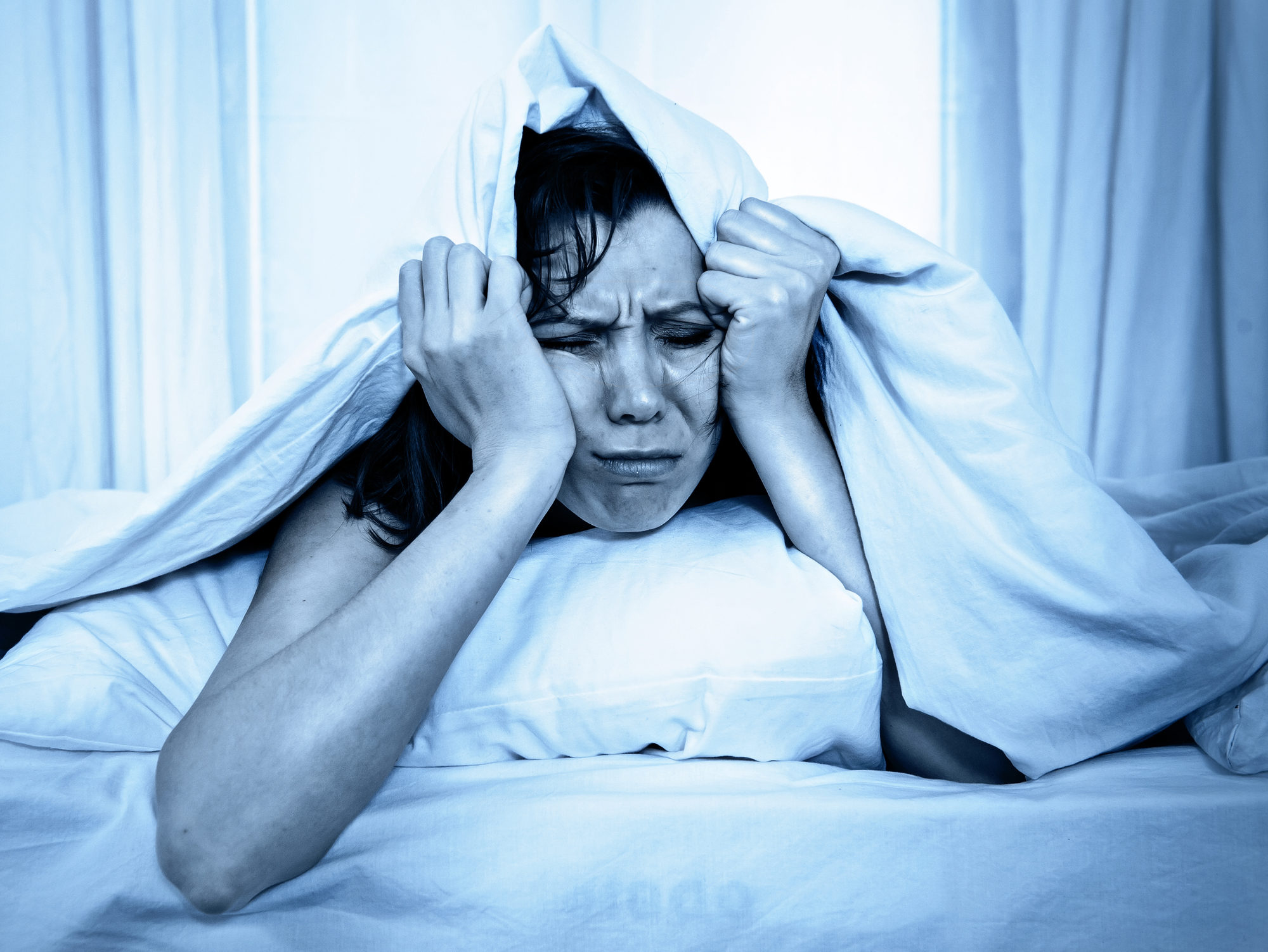
Craving a high Carb snack before bed usually starts when we are small children.
Who doesn’t want to be soothed when you feel a looming and long night of tossing and turning alone in the dark? Eeeeek!
As we get older, the urge to snack at night happens to most of us when life gets out of balance. For some of us, this can become an evening ritual of frustration and desperation.
The relentless pacing…
That empty feeling in the middle of your soul…
Asking yourself, Am I Hungry? Anxious? Agitated? Bored? Lonely? Crazy? Possessed?
Well, it probably isn’t demonic possession…, probably.
Either way, that scary voice keeps whispering, “You will probably be up all night”…,
and “Tomorrow is going to be twice as hard as today.”
It can happen to anyone.
Most of us have experienced this, and yet it is common knowledge that eating before bed will create restless sleep and increase the chance of either having a nightmare or waking up in a foul mood. Or both!
#1 ~ Stress
We all have stressful days. When stress becomes chronic, however, it can fundamentally change your metabolism. Cortisol, your main stress hormone, is actually a Glucocorticoid, which tells us it is a hormone that releases glucose. As a Fight or Flight hormone that makes perfect sense – you need immediate fuel for any kind of emergency.
In the long term, having Cortisol releasing stored sugars throughout the day often leaves you depleted of normal energy reserves in your muscles. If your life feels like an action movie right now, you will instinctually crave carbohydrates to get you ready for your next adventure. This also has a lot to do with why most people wake up at 3:00 AM.
I will come back to that scary story in a bit…
Having higher Cortisol than you need can dysregulate a deep hormonal process called Sleep Drive, making it harder to fall asleep. If you want to learn more about Sleep Drive, check out my post on Sleep Hygiene.
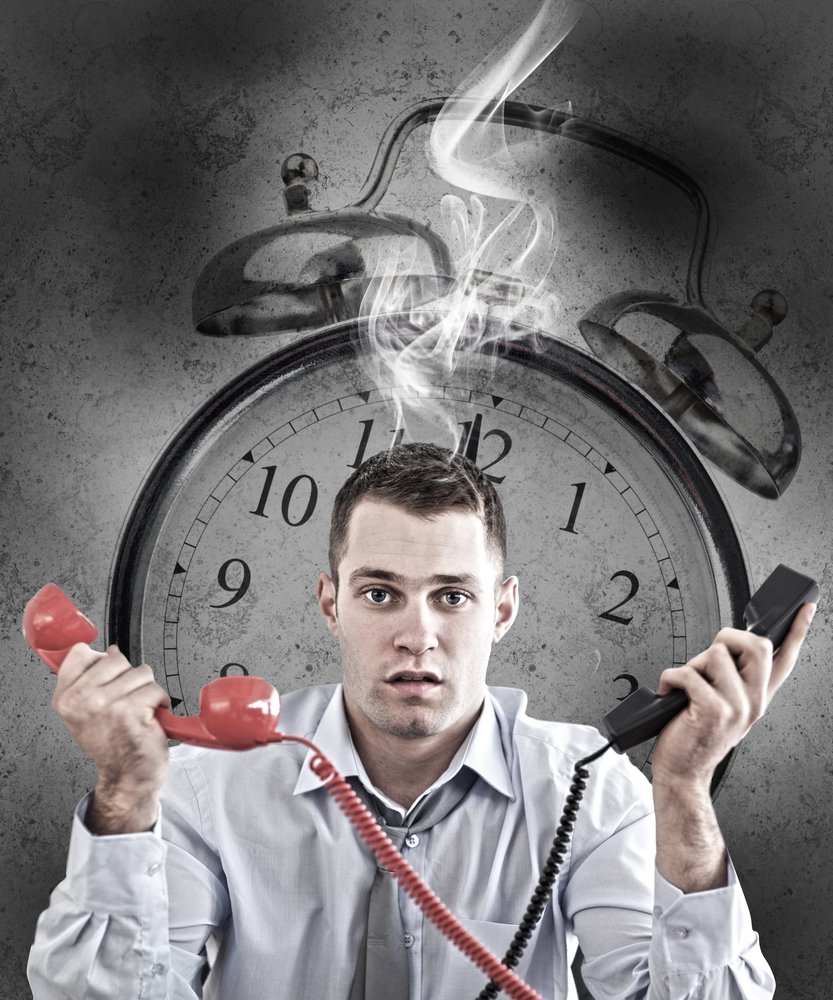
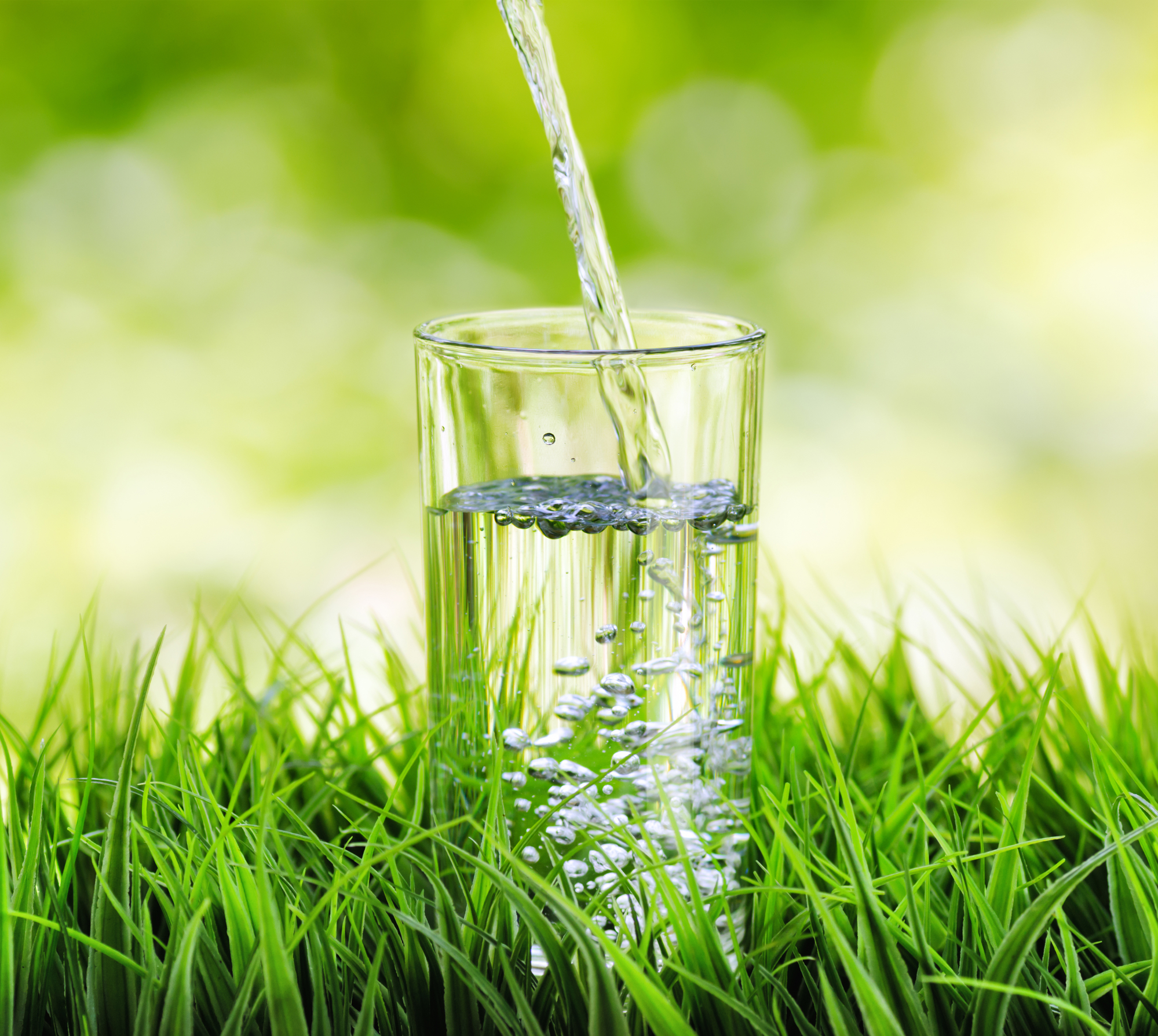
#2 ~ Dehydration
Most of us DO NOT DRINK ENOUGH WATER!
You have probably heard that your body can get confused when thirsty and tell you that you are hungry. That is absolutely true. This is even more likely in the evening when your body instinctually knows that it has about seven hours of deep metabolic repair to do while you are asleep.
If you have been having trouble sleeping you will have a natural aversion to having to get up at night to go pee, so you are less likely to drink much in the evening. In the short term that can make sense, but in the long term – BIG MISTAKE!
If you are chronically dehydrated, there is only one cure. Luckily it is best to drink most of your water in the morning. You can sip some calming tea at night knowing that your cravings are not due to dehydration.
#3 ~ Hypoglycemia – Type A
Most of us are still on the High-Carb train to a metabolic accident. If you are not – way to go! If you are still dancing with the Sweet Devil, this next part is for you…
If you are still eating a lot of high carbohydrate foods, your body will get really good at turning your lunch, literally into your waist – especially if that whole stress thing is happening too.
When your body becomes very efficient at turning Carbs (glucose) into fat, your body can run out of blood sugar and brain sugar very quickly after a meal. This can leave you physically and mentally tired and also leave you feeling emotionally unstable – or just OFF…
Hypoglycemia due to over-consumption is determined by, not only carbohydrate intake but more importantly, it is exaggerated by high Glycemic foods. High Glycemic Index (GI) foods raise your blood sugar quickly and Low GI foods raise your blood sugar very gradually. Eating higher GI foods forces your body to turn Glucose into fat as fast as possible. They also change your body’s sensitivity to Insulin, causing Insulin Resistance or Metabolic Syndrome.
The Most Common Cause Of Chronic Disease In The Modern World!
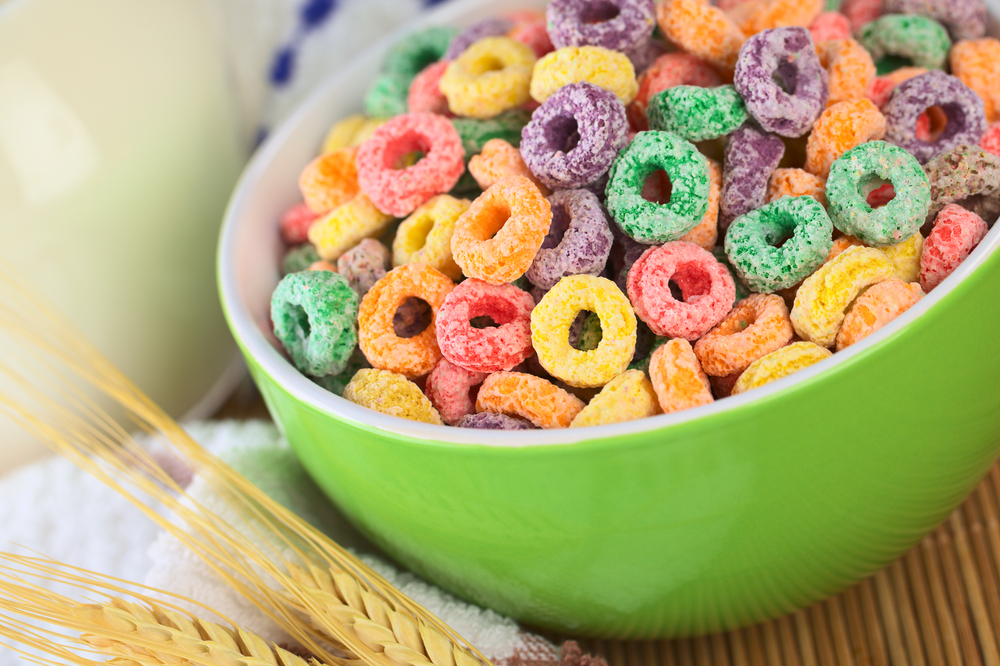
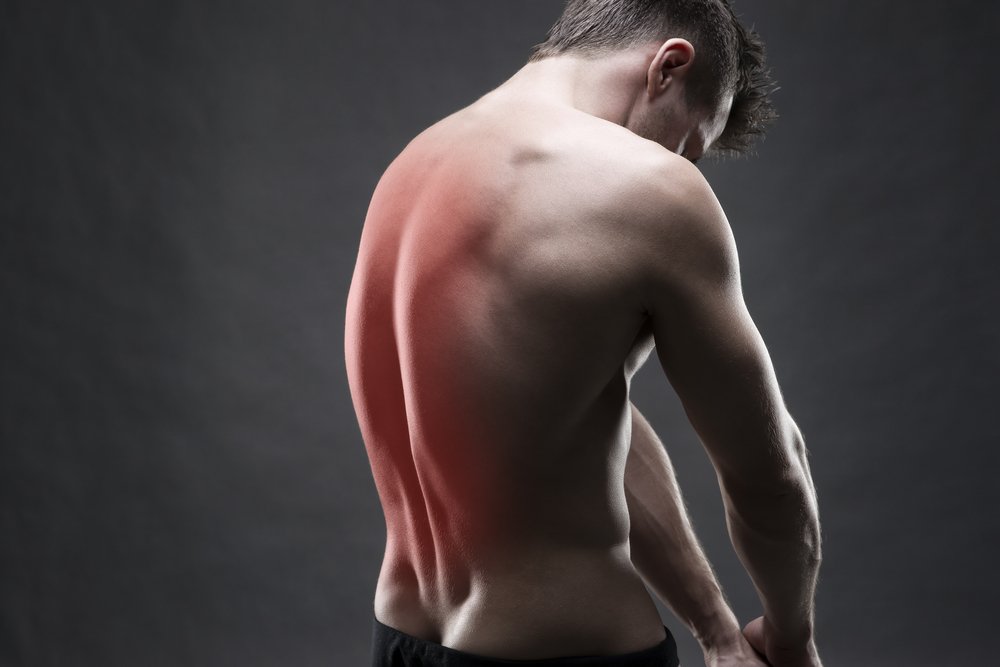
4. Hypoglycemia – Type B
Hypoglycemia can also be due to excessive physical work or an unbalanced fitness program.
One of the selling features of resistance training, or picking up heavy things a lot, (like a lot of hard physical jobs) is that it puts your muscles into a repair cycle, especially if you overdo it. The extra calories needed for this repair process can last for 36 hours. Now you can burn extra calories while you sit on your bum, sleep or play on the floor with your kids. If you are trying to burn off some fat and exercising a lot, this is always the hardest part of the day. If you are lean and overdoing it for too long, your body will begin digesting your own muscle tissue, known as becoming catabolic.
Both of these situations can leave you in the same state as someone who loves ice cream. Craving some high GI Carbs at night.
Most people who train this way eat a good sized portion of protein for supper to keep from having the night-time ‘Hangry’ mood. This is because your liver will slowly turn some of that protein meal into glucose throughout the evening and while you sleep.
If you are in a high-performance training cycle and are not fueling your body appropriately, your toned and sore butt will be pacing you up and down the hallway while you try and steer away from the Carb cupboard or fridge.
At least with Type B Hypoglycemia, you will have ‘burned off’ any excess Cortisol in the gym and be free of stress hormones messing with your blood sugar.
#5 ~ Melatonin Deficiency
Melatonin is a Neurotransmitter that is made in your Pineal Gland and by your Microbiome – or those Trillions of critters in your belly.
Melatonin is known to help regulate Sleep Drive and usually goes up in the evening to help you fall asleep. Stress can throw this off, but even worse is an unbalanced Microbiome. About 60% of your daily Melatonin is made in your gut by a massively complex ecology of bacteria. If the ratio of good bacteria to bad bacteria is not in your favor, you may not be able to produce enough Melatonin to get you to sleep.
Another strategy your body has, to make Melatonin, is to use Serotonin. Yep, your brain can actually turn Serotonin into Melatonin when needed. This process uses up a lot of your Serotonin and if you are already low in Serotonin or its precursors this can make you feel edgy. Hmmmmm…
It turns out that one of the fastest ways to increase Serotonin in the brain is to raise your blood sugar. As your blood sugar goes up, your blood insulin goes up, speeding up the transport of Serotonin and it’s precursors through the blood-brain barrier. This releases Beta-Endorphins that are more powerful than morphine. Luckily it is a very small amount. This is one of the primary chemical pathways for addiction.
It is no wonder why Carbs are called ‘comfort foods. If you are having a hard time falling asleep, eat a piece of protein instead of a Carb that would just keep the vicious cycle rolling along.
BTW – This is the same pathway that causes the munchies in those who enjoy Medical (or recreational) Cannabis.

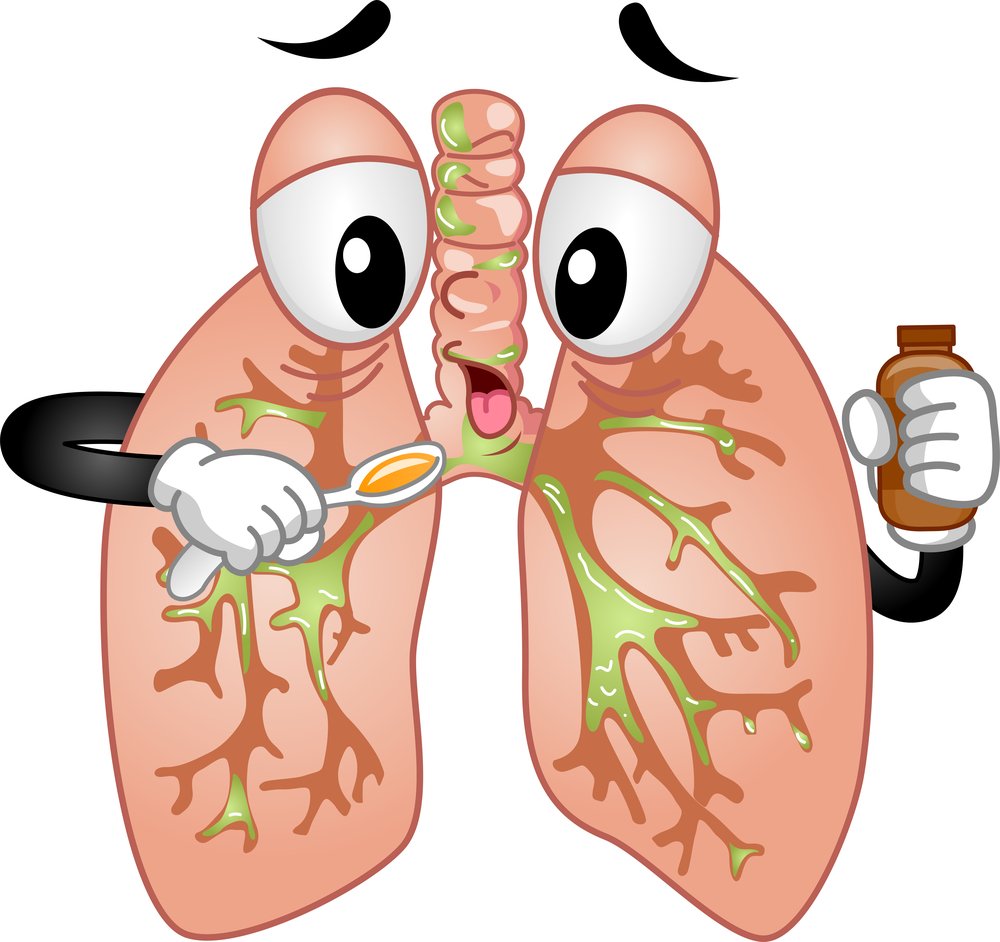
#6 ~ Sub-Clinical Allergies and Food Triggers
Environmental allergies and food sensitivities are a fundamental concernin the Integrative and Functional Medicine world.
Eating a food that irritates your immune system is about as comforting as a letter from the Tax Department. Not only do these foods set off a stress response, but they can also make your immune system trigger an inflammatory response that can ‘eat up’ a lot of your glucose and neurotransmitters before they get into your brain.
This can create a perfect storm of high Cortisol, Hypoglycemia, and Low Serotonin and Melatonin. This is one of the worst combinations of factors for a Carb-free and calm evening. In fact, checking for cortisol spikes in the afternoon and evening is one of the first ways to see if a patient is likely to have an undiagnosed food sensitivity.
If you tend to feel ‘tired and wired’ later in the day I highly recommend getting some basic lab work done.
#7 ~ Excess Caffeine
Can a cup of coffee really cause Carb cravings in the evening?
The honest answer is, it depends…
Caffeine is a very unique molecule and affects each of us in our own way. Technically caffeine interferes with the normal experience of fatigue by binding to the Adenosine receptor. Adenosine is an important hormone because it regulates Sleep Drive and relaxes your blood vessels so that you have adequate oxygen sent to all of your tissues while sleeping. When caffeine binds to that receptor your body no longer gets the message to begin the gentle glide into a restful sleep.
Depending on where you get your caffeine, i.e. Coffee, Black Tea, Green Tea, Matcha, or even Cacao, the rate it affects your nervous system can be almost immediate or fairly gradual. Coffee is the fastest and Matcha is the slowest to be absorbed and delivered to your nervous system and brain. Once the Caffeine is in your system, it has a half-life of about eight hours, although most of us only feel the effects for 3 – 6 hours. The half-life is important because it implies that only half of the caffeine clears you system every eight hours. Some quick math tells us that you will still have one-quarter of the Caffeine blocking these essential Sleep Drive receptors 16 hours after your first mug, never mind your last.
Assuming your liver is working properly…
This creates a kind of hormonal debt that needs your help. And yes, this means you will be craving more and more Carbs to ‘comfort food’ your way to sleep. And no, this is not a good strategy for more than a couple of weeks.
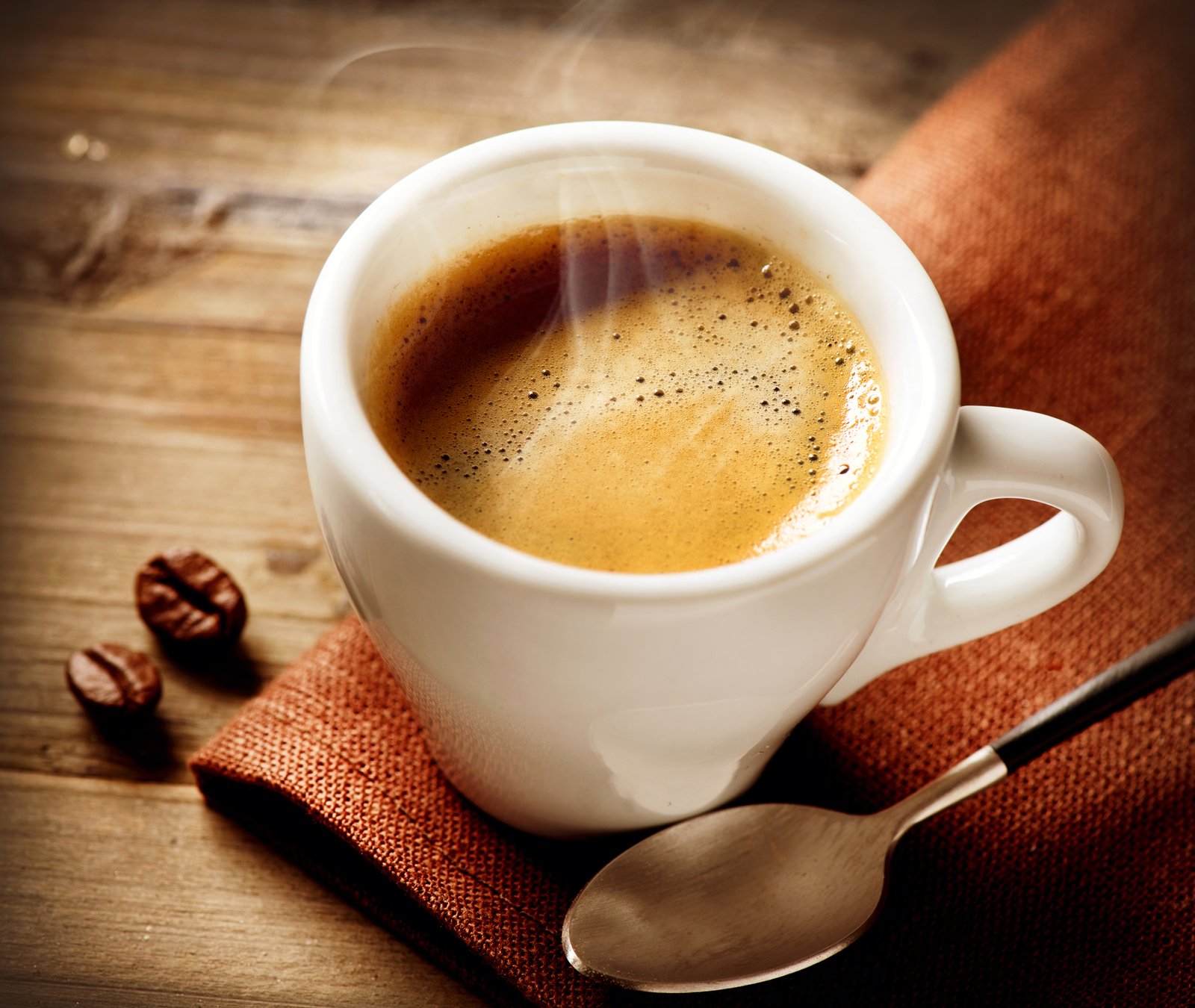
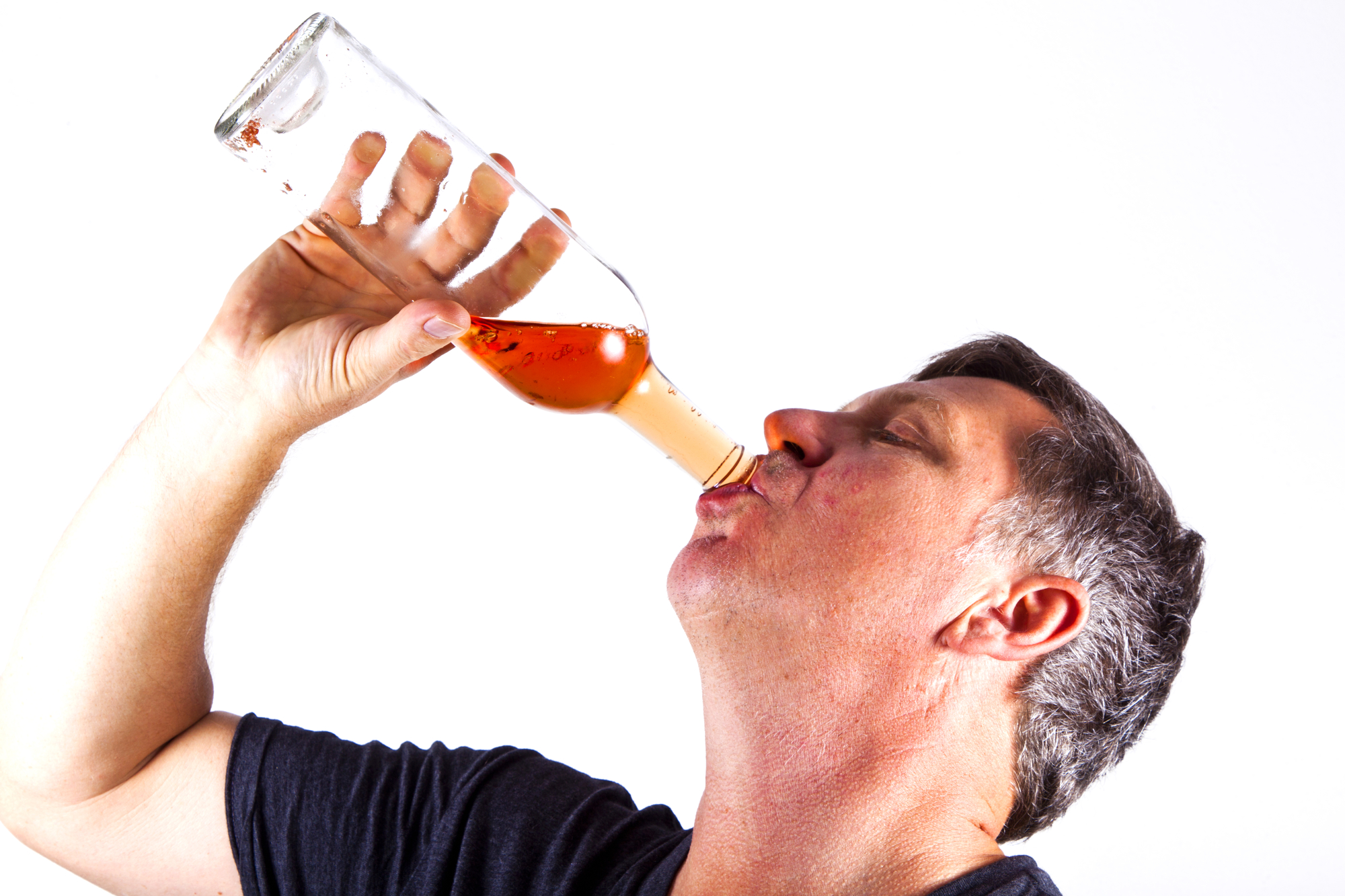
#8 ~ Alcohol
 Each of the above states of Stress, Dehydration, Hypoglycemia, and other metabolic imbalances all create a state of neurotransmitter dysregulation. This feels VERY uncomfortable and is interpreted differently by each of us. This creates, in 1001 different ways, the states that compel most of us into emotional eating or drinking.
Each of the above states of Stress, Dehydration, Hypoglycemia, and other metabolic imbalances all create a state of neurotransmitter dysregulation. This feels VERY uncomfortable and is interpreted differently by each of us. This creates, in 1001 different ways, the states that compel most of us into emotional eating or drinking.
Alcohol is a touchy subject for a lot of people. In order to keep this article a reasonable length and avoid opening Pandora’s Box, I just want to share one important thing about alcohol, Carb cravings, and sleep. Alcohol interferes with your Liver’s ability to release Glycogen (stored glucose) while you are sleeping.
This will leave you with a restless night’s sleep and a constant craving for some comfort Carbs.
Enough Said!!!
Eat Protein Instead Of Carbs Before Bed!
It takes about 3 weeks of intermittent fasting to correct the reasons why most of us get cravings at night. It can take up to four months for people with very irratic metabolisms. This whole low-carb Keto thing is really a thing.
Check out the post on the Ketogenic Diet. If you are looking for some support, accountability, and community, check out my Ten Weeks to Abundant Health Program below.
Spring Cleanse 2024
Need Some Support?
Join Dr. Michael Smith for 8 weeks of healthy living, learning, and resolving most chronic health challenges.
In this popular cleansing program, you will learn how your amazing body works, what usually goes wrong, and how to restore your health Step-by-Step!
It is an instinct to live a long, fit and fun life.
If you are suffering from a chronic illness, this course will guide you through a gradual and consistent process that you can follow anytime you have a flare-up.
Find out what 10 weeks of self-love and healthy habits feels like!
Recent Blog Posts
Spring Cleanse – 2024 – Talk Four
Cleanse, Rest, and Play This [...]
Spring Cleanse – 2024 – Talk Three
Cleanse, Rest, and Play This [...]
Spring Cleanse – 2024 – Talk Two
Cleanse, Rest, and Play Let's [...]


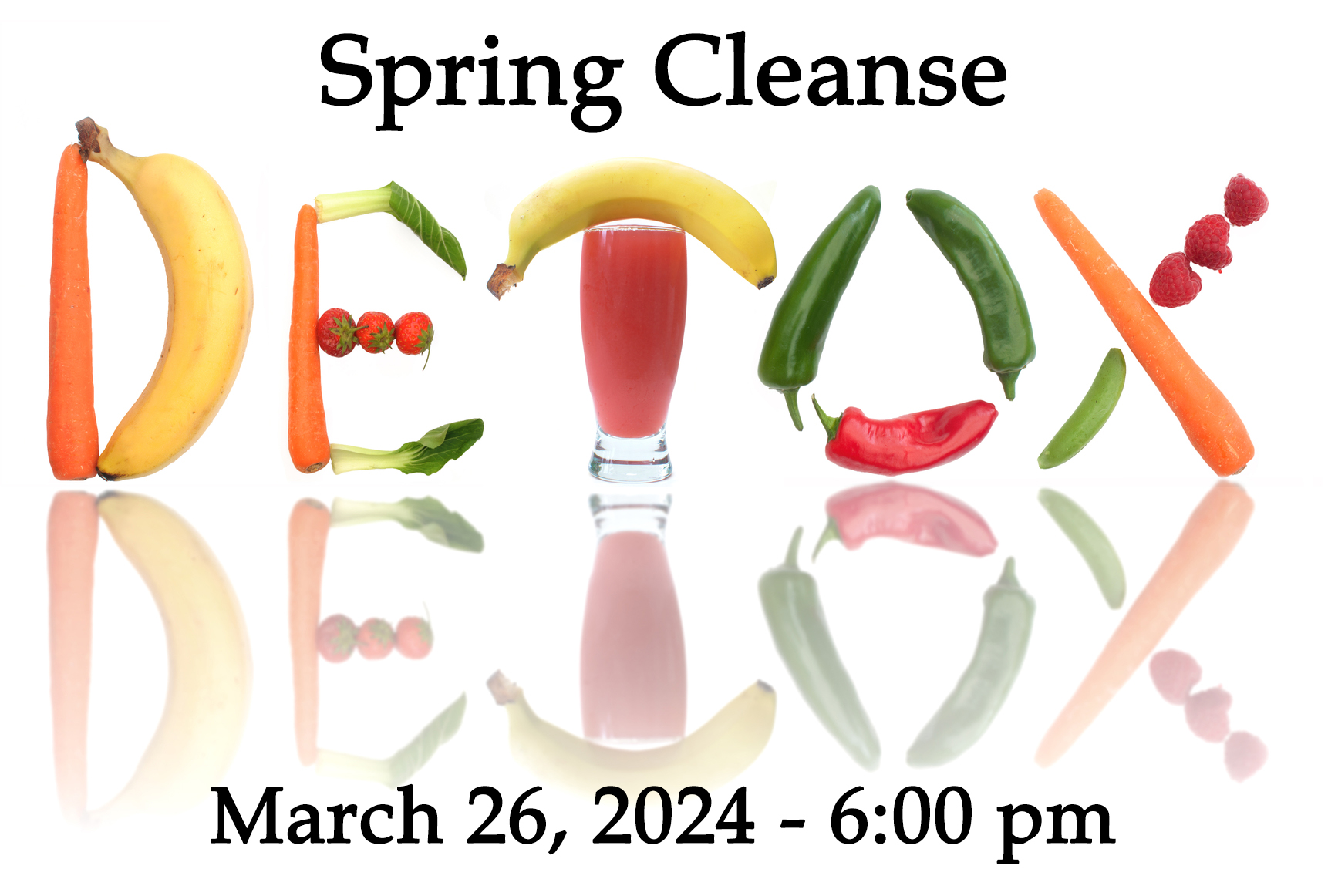
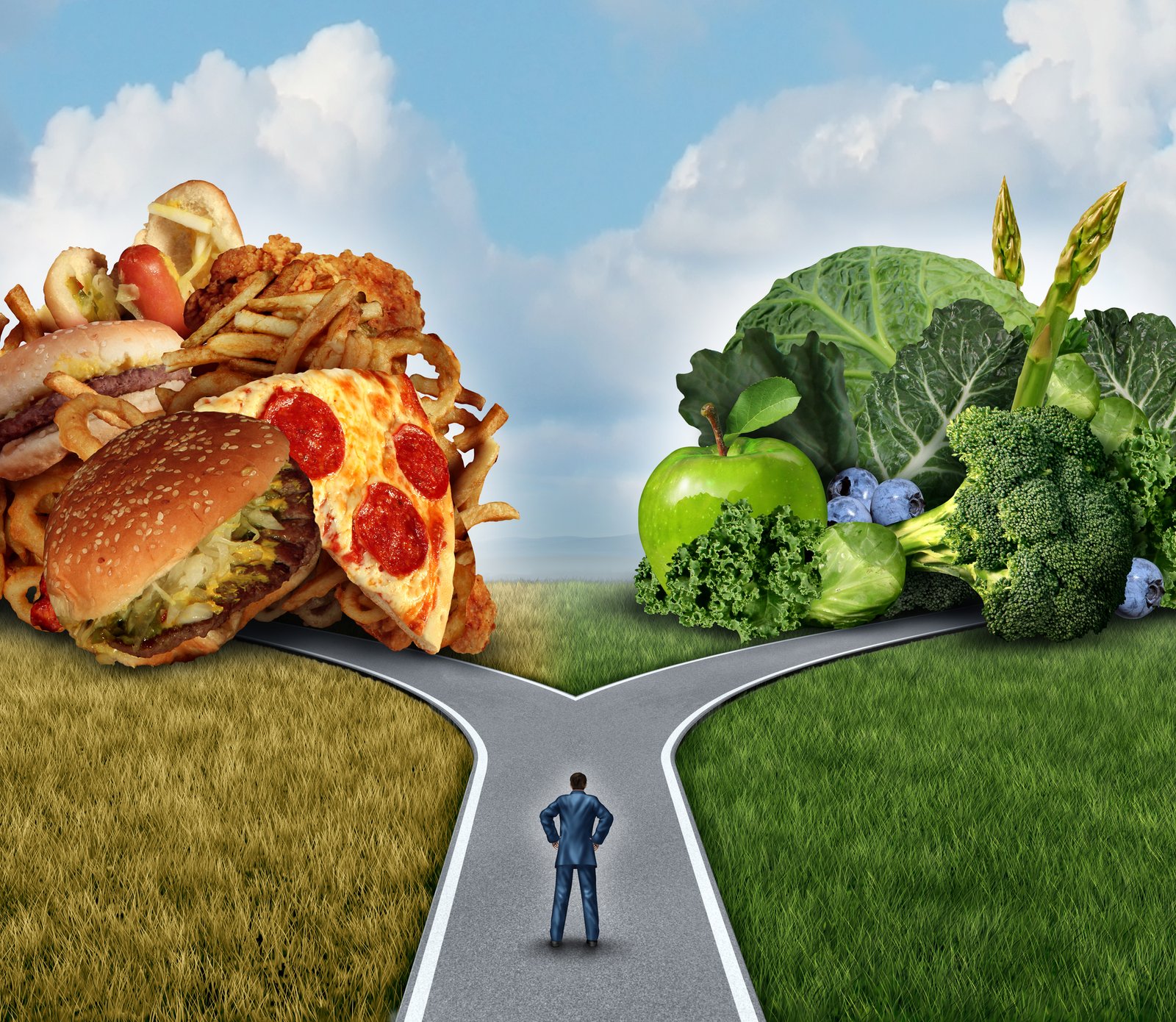
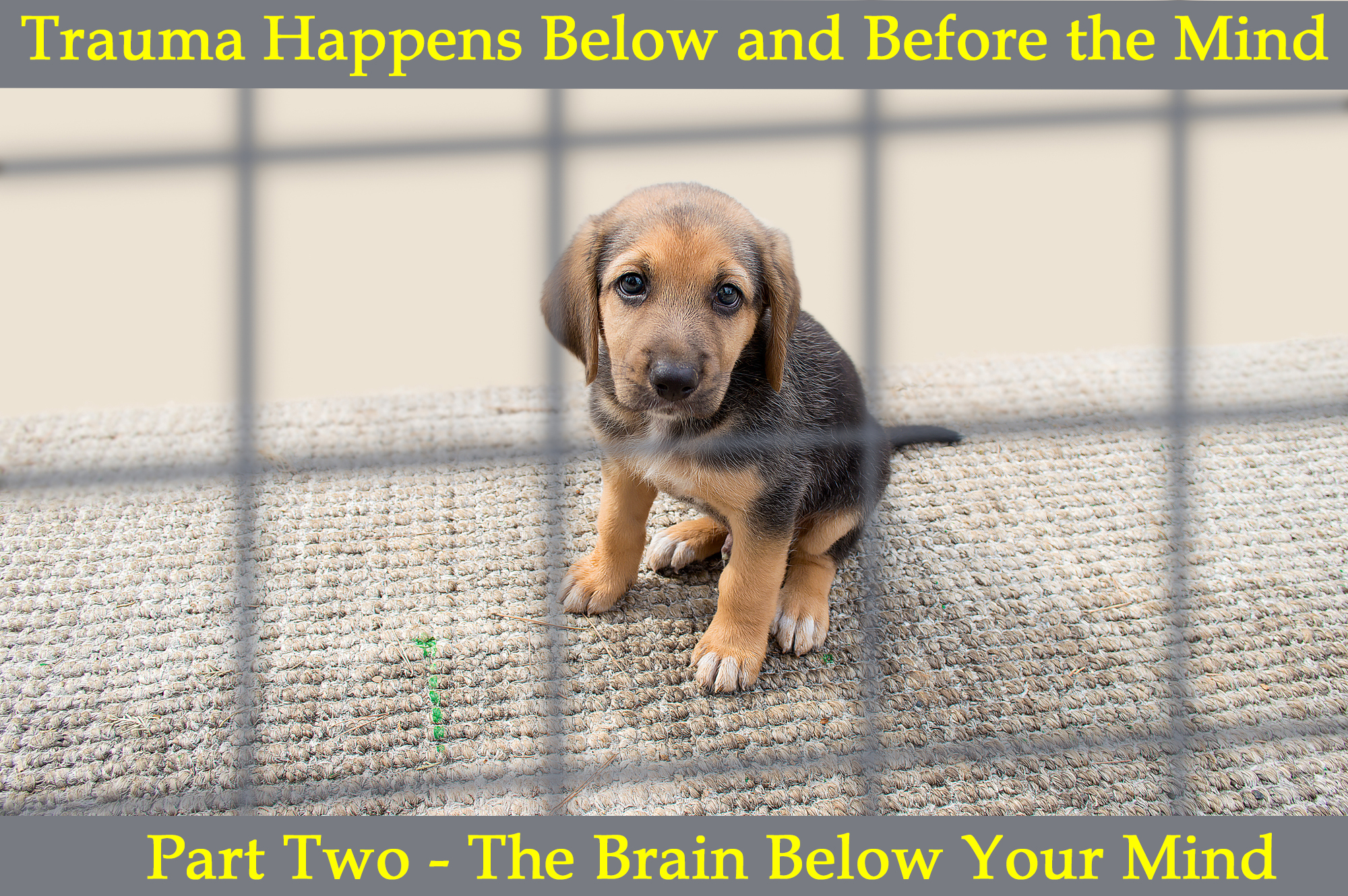
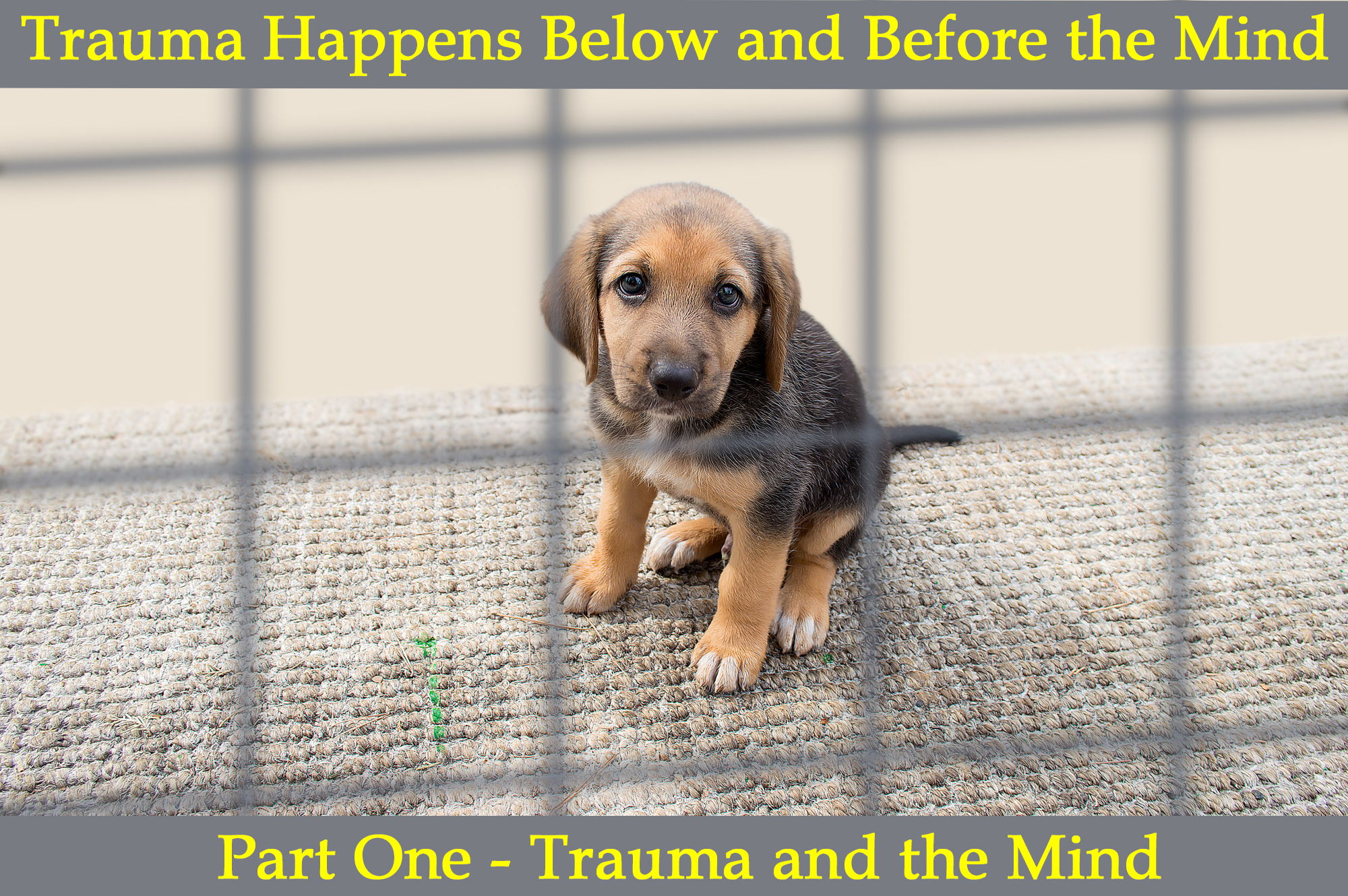

Leave A Comment